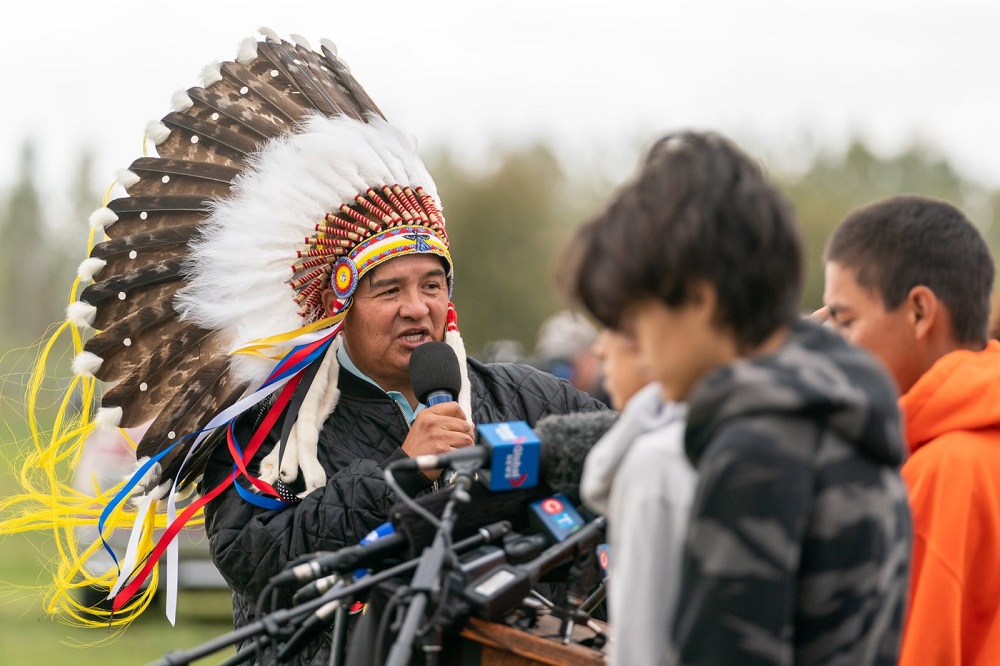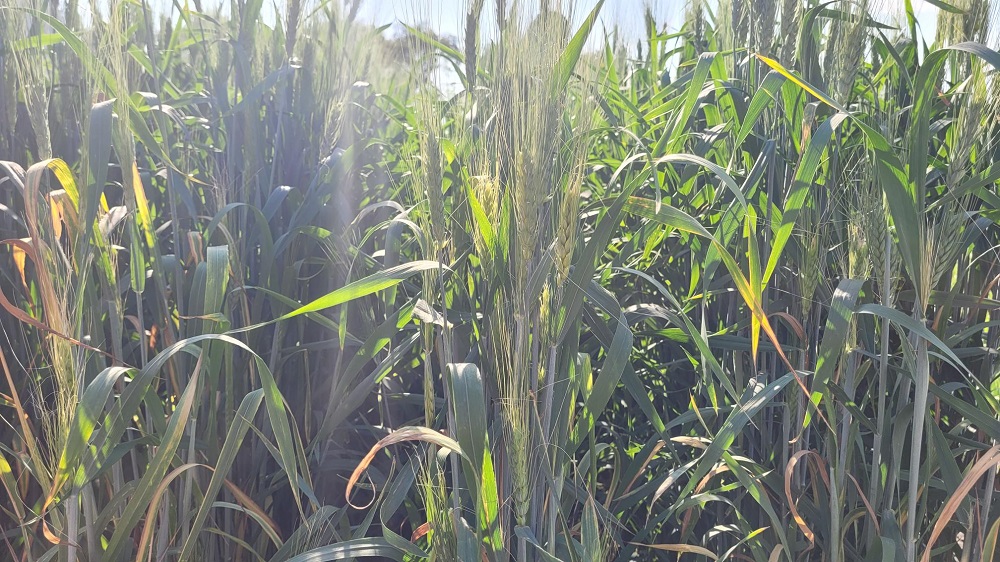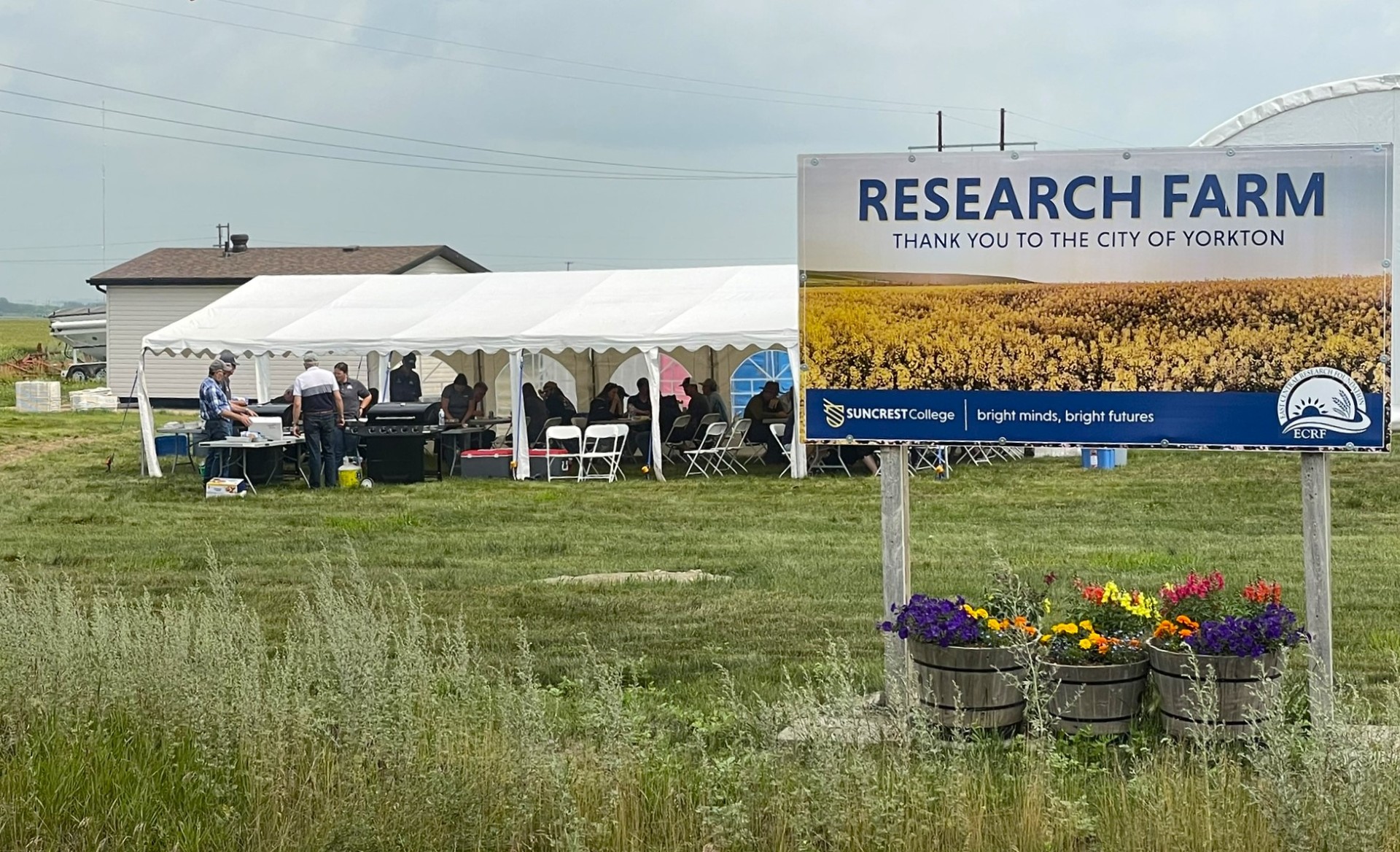
The Federation of Sovereign Indigenous Nations (FSIN) is endorsing the appeal made by Provincial Health Care professionals urging the Government of Saskatchewan to reconsider recent modifications to harm reduction services.
Earlier this month, the province announced it would cease to support programs providing a safe supply of pipes to inhale drugs.
This call, supported by doctors, nurses, and researchers, is rooted in concerns that the changes may lead to increased rates of blood-borne illnesses and overdoses, particularly affecting rural and Indigenous communities.
Currently, Saskatchewan is grappling with some of the highest HIV incidence rates in North America, with 2021 figures in certain areas exceeding the national average by more than ten times.
FSIN says that the policy shift contradicts a November report from the Saskatchewan Coroners Service, which predicts that the number of drug toxicity deaths in 2023 will likely surpass the previous provincial record, with 454 suspected and confirmed deaths.
Chief Bobby Cameron said it’s frustrating that the province ignores evidence that prevention programs are effective.
“The Province of Saskatchewan is following the recommendations of a private company from outside the province rather than local First Nations experts in the areas of addiction,” he said. “The statistics clearly show that First Nations are disproportionately affected by the issue, yet their perspectives and experiences are often ignored or dismissed. This is unacceptable and needs to change.”
“The Provinces’ new ‘recovery-oriented’ approach will do nothing to address the HIV and addictions crisis because it blames the victim and does nothing to address the root causes found in the socio-economic gaps between First Nations and Non-First Nations people in Saskatchewan,” added First Vice-Chief David Pratt, responsible for the Health Portfolio.









